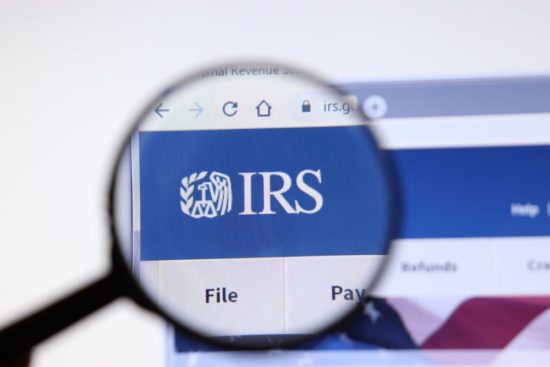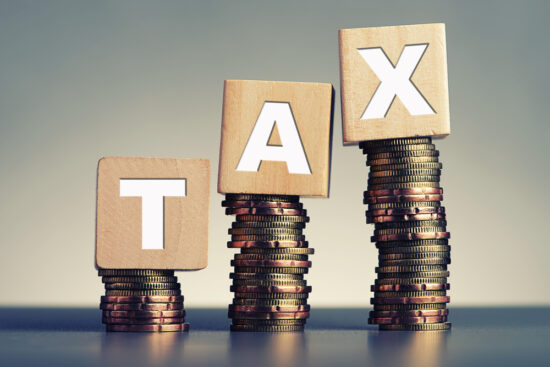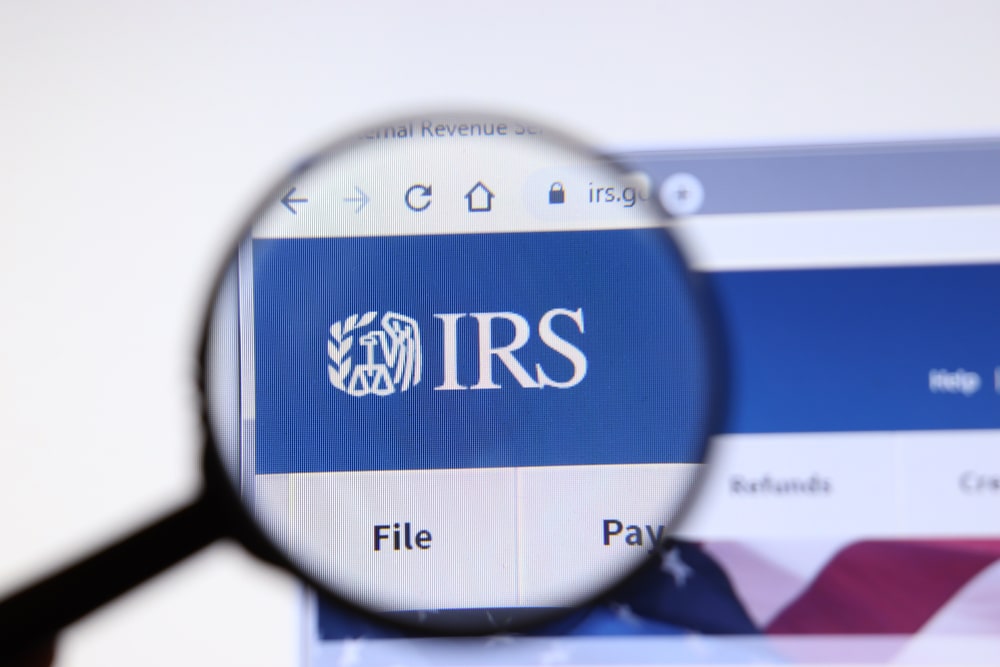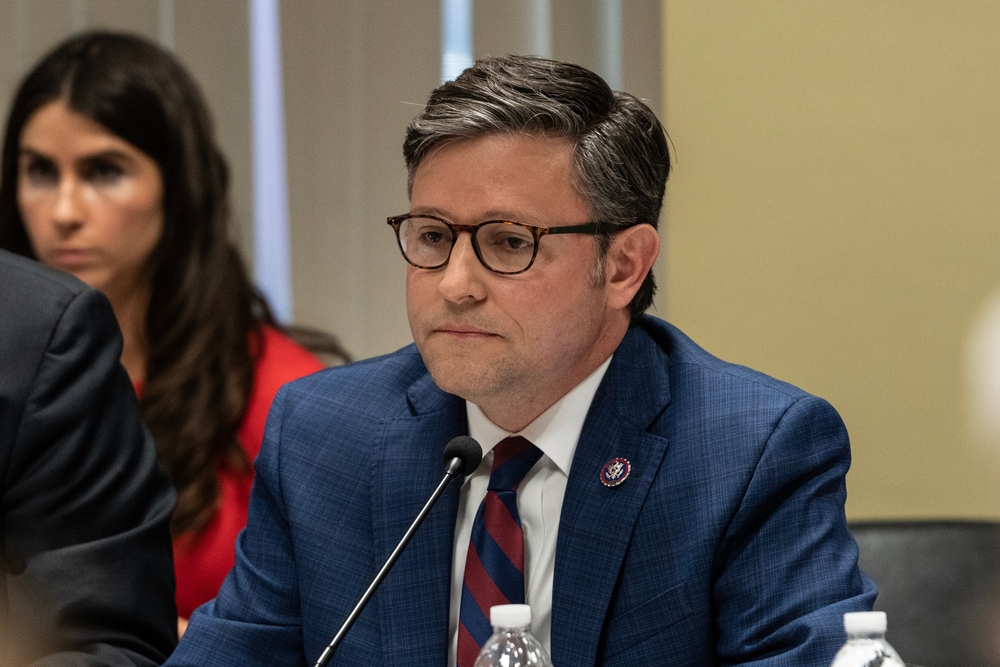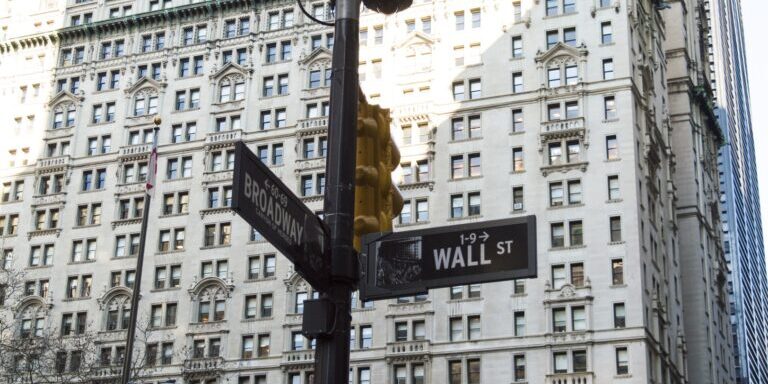
Wall Street's Banks Have a Bad Reputation - These Recent Events Show You Why
EDITOR NOTE: We all know that Wall Street banks generally have a bad reputation. This article does us the favor of succinctly detailing the reasons as to why banks on the street have maintained their bad rep, citing very specific and recent examples. From fraud to illegal transactions to oversized risks using “Other People’s Money” (OPM). The takeaway isn’t that banks are “greedy”--not only is that a given, it's a human trait, and it can work through those who permit it to overtake them--rather, the main point is that Wall Street banks continue to get away with it; their leaders safe from real risk of prosecution. Unlike the common person on the street, those on the Street (capital S) are often shielded from real risk. In fact, they’re in a privileged position to risk your assets, not theirs.
Recent headlines will have you convinced that Wall Street is hell-bent on living up to all of its stereotypes.
Driving the news: Goldman Sachs is the biggest and the boldest, paying more than $5 billion in fines in the wake of the 1MDB scandal, in which billions were stolen from the people of Malaysia.
- Goldman Sachs pleaded guilty to bribing Malaysian officials, among others, a total of $1.6 billion in order to get deal mandates in the bond and stock markets.
- That's the largest set of bribes ever prosecuted under the Foreign Corrupt Practices Act.
- In a very Goldman twist, the $1.6 billion was not paid from Goldman's own funds. Instead it came out of other people's money — it was skimmed off of bond-issue proceeds that were supposed to belong to the Malaysian people.
- Gary Cohn, who was Goldman's chief operating officer when the bribes were paid, cashed out all of his bonuses when he joined the Trump administration in 2017. He's the one former Goldman official who hasn't agreed to repay a chunk of his 2011 bonus, as the board has requested.
Wells Fargo paid a $3 billion fine for taking advantage of millions of customers by opening accounts in their names that they weren't even aware of.
JPMorgan, which lost billions in the "London whale" trading scandal, paid $920 million in fines to settle charges that it manipulated futures markets in Chicago.
Citigroup, which has been considered "too big to manage" since at least the financial crisis, was fined $400 million for its management's failure to effectively stay on top of its operations.
Morgan Stanley paid a relatively modest $60 million fine for failing to protect its customers' data. According to a pair of lawsuits, the bank failed to remove sensitive data from computers it decommissioned — including Social Security numbers, passport numbers, and account numbers.
Bank of America has kept its nose relatively clean of late, although Waqas Ali, who worked as a client relationship manager for the bank in Boston, did plead guilty to embezzling $1.5 million from one of his Texan clients.
- According to the complaint, Ali said that he targeted the family in question because they hadn't pressed charges when they were stolen from in the past.
The bottom line: In a sign of how deep the rot runs, hundreds of bank employees have been fired from Wells Fargo and JPMorgan Chase for abusing the government's coronavirus relief programs. So far, there's little sign that banks are shedding their reputation for being greedy to the point of criminality.
Originally posted on Axios
sign up for the newsletter
By signing up, you agree to our Privacy Policy and Terms of Use, and agree to receive content that may sometimes include advertisements. You may opt out at any time.




